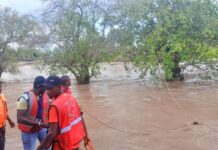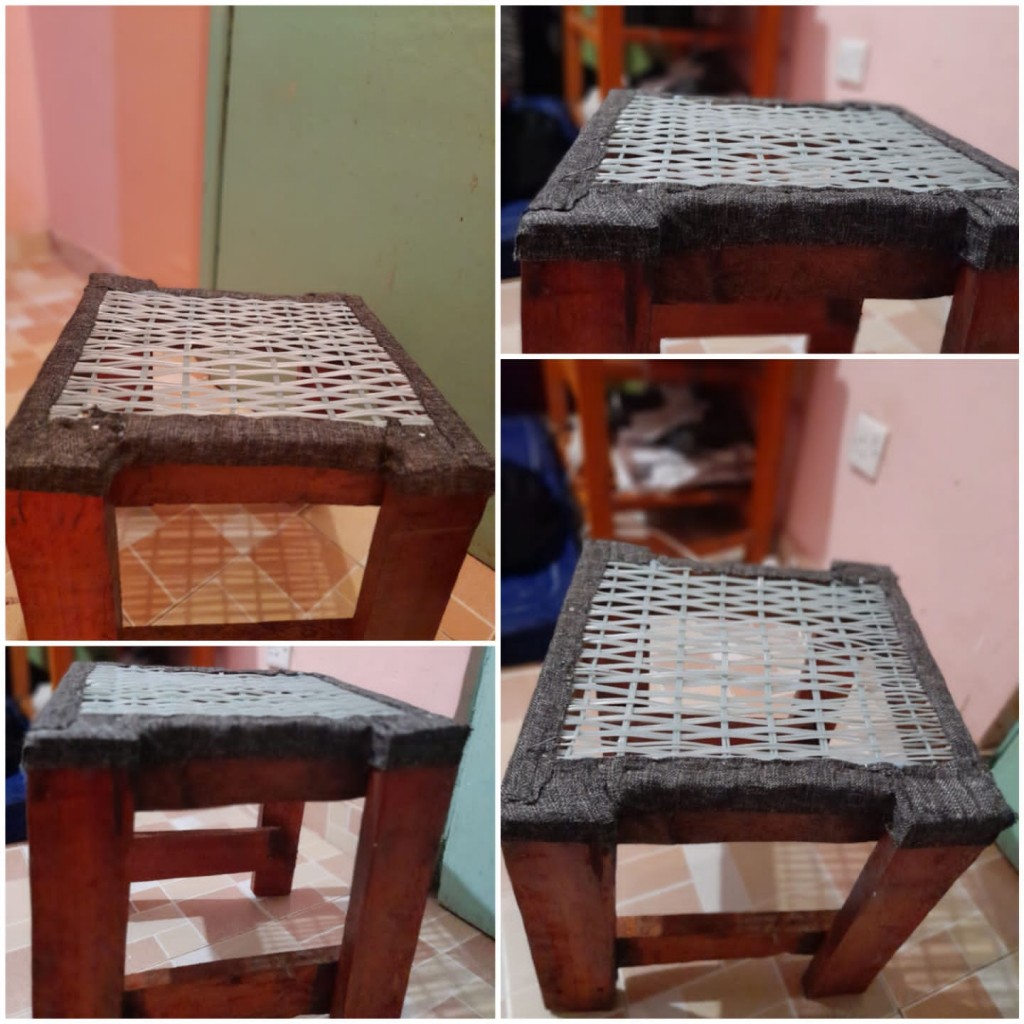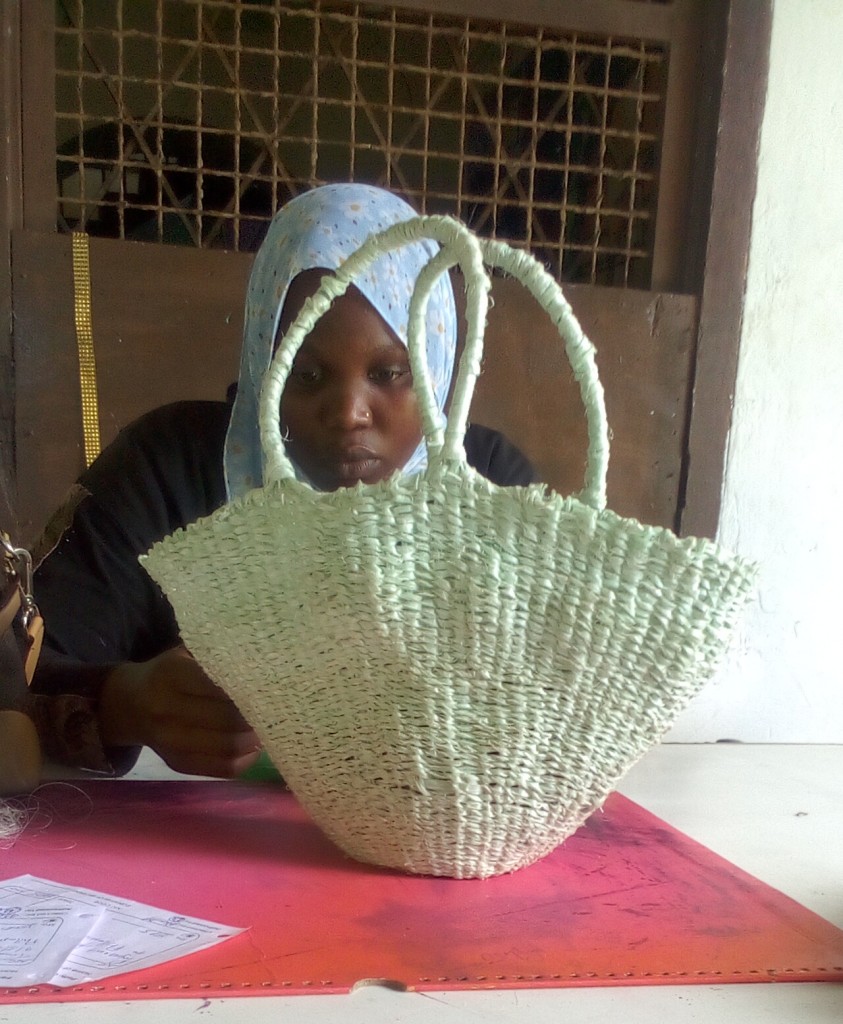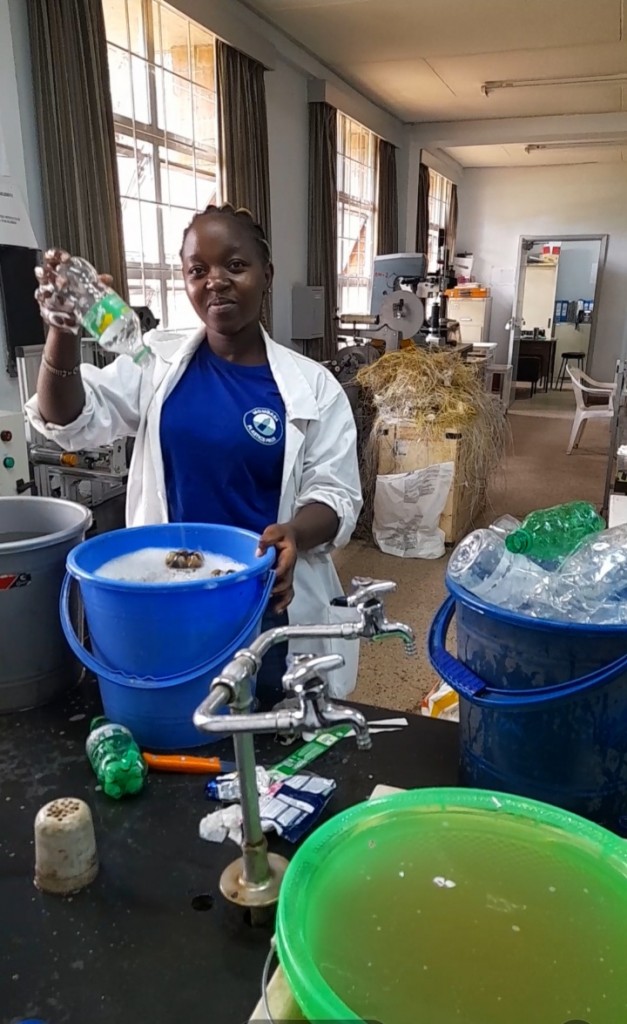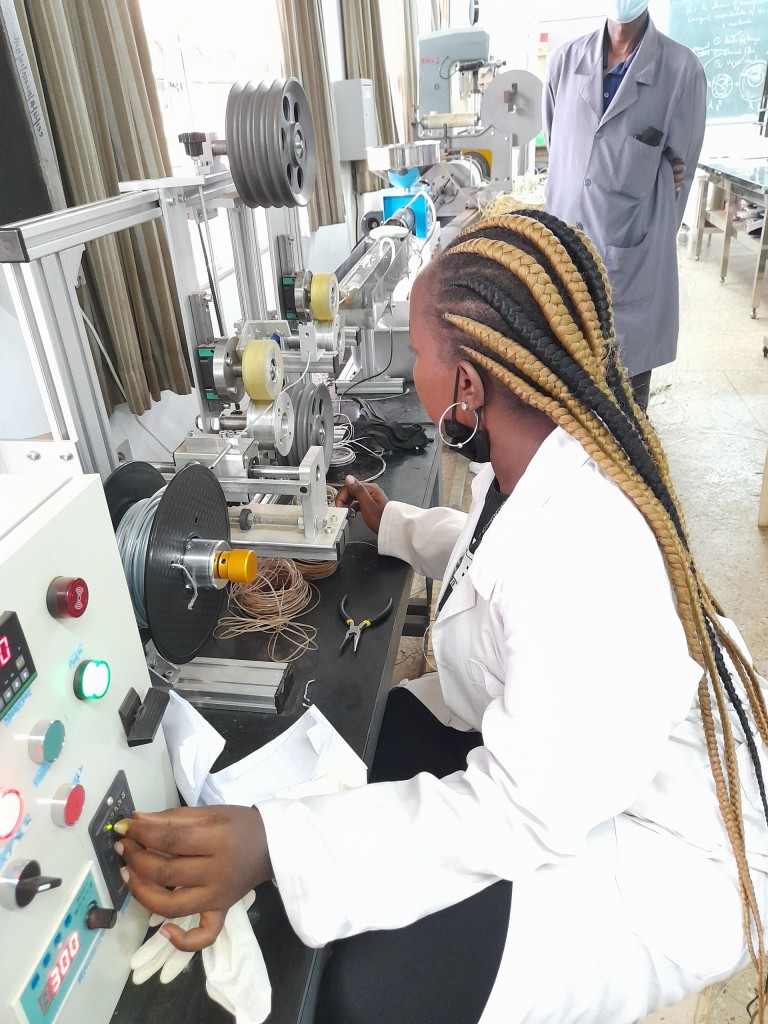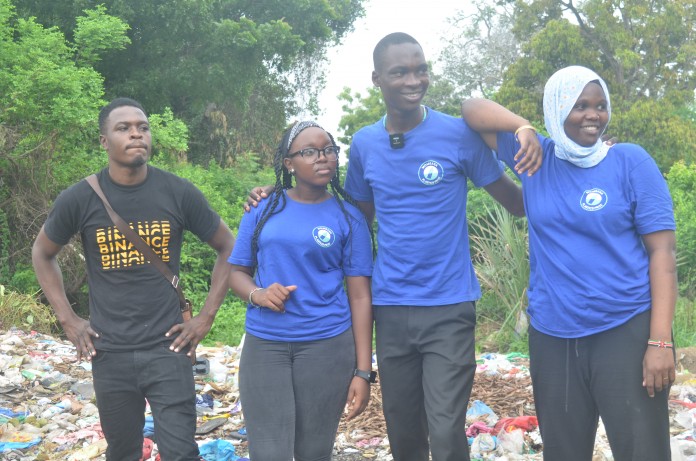
MOMBASA: With tonnes of plastic waste being collected from the Indian Ocean every day, many environment conservation groups are coming up with innovative ways to deal with the plastic menace.
One of these groups is Rco-Redemptors. A Mombasa-based youth group that has been at the forefront of fighting plastic pollution in Mombasa.
“Eco-Redemptors is a group of young people who were brought together by the Mombasa Plastics Prize which is a marine plastic waste innovation challenge that aims to reduce plastic waste in the ocean,” said Francis Aute, the group’s Operations Manager.
The Mombasa Plastics Prize organized by Challenge Works and funded by USAID and Global Affairs Canada, brought together the youth in a Marine Plastic Waste Management Challenge that saw 144 youths make submissions out of which 57 were chosen to be finalists.
The 57 were then divided into 14 groups that came up with innovative ideas to manage plastic waste. Out of the 14 ideas, three won the competition and Eco-Redemptors were among them.
So what is this great idea that earned Eco-Redemptors second place?
“As Eco-Redemptors, we turn plastic waste into a yarn that can be used to make chairs, baskets, and even jewelry,” said Aute.
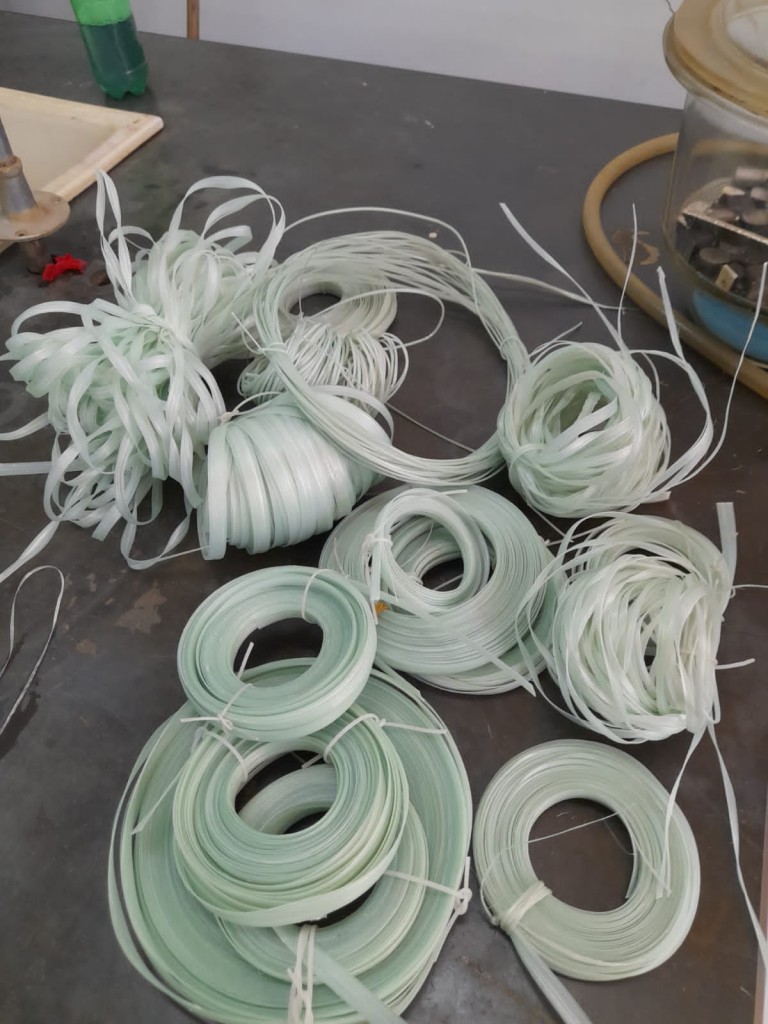
Kevin Ochieng’, a member of Eco-Redemptors says their project will help tremendously in reducing plastics in the ocean hence improving marine life.
“Basically plastic has very devastating effects on the environment. They are non-biodegradable meaning they can stay on land for a very long time. When plastic finds its way into the ocean, then marine life is affected because fish end up eating plastic which they cannot digest,” said Kevin Ochieng’.
Ochieng’ said that plastic also entangles sea creatures, therefore, limiting their movement.
Sentiments supported by his teammate Francis Aute who added that conserving the environment was beneficial to future generations.
“We always see or hear about the dangerous effects of plastics, these effects also affect us either directly or indirectly,” said Aute.
What process does the team follow in coming up with their products, and have they made any products?
“We started by identifying where the problem was and figured that plastic being dumped was more than the ones being recycled so we wanted to bridge that gap. We then did market research to see whether the products we will make will have a ready market,” said Francis Aute.
“The next step was to start making the yarns, we then took the plastic yarn to carpenters and weavers to make us some prototypes with the yarns. We then went back to the community to see the viability of the products and seek approval,” he added.
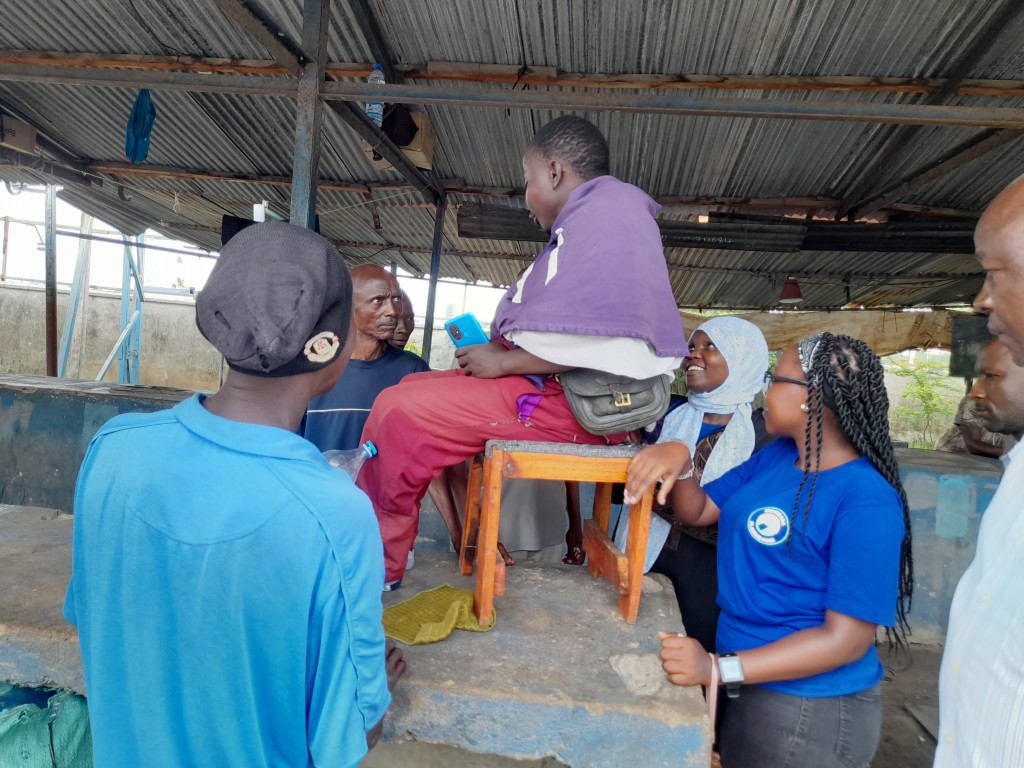
Safe to say, the products passed the test.
To encourage the community to properly dispose of plastic waste, the group says they will be buying the waste at a slightly higher price than the normal charges.
“We will be buying the plastics at sh.25-30 per kilogram. this will help motivate the public,” said Kevin Ochieng’.
They also say they will set up buy-back shops in the communities where the public can bring their plastics. The buy-back shops will also be beneficial to those who buy Eco-Redemptor products.
“If you buy our products and a time comes that you feel the product has aged and is not in good condition then you can bring them to the buy-back shops where we will re-process them and even give a reward,” said Ochieng’.
The group has urged other young people to join in the waste management business saying that garbage collection was nothing to be ashamed of.
“There is wealth in garbage and garbage collection is a job like any other. There are a lot of opportunities for the youth in garbage collection and waste management, an example is the Mombasa Plastics Prize where the winner walked away with sh.3.5 million, first runners up sh.2.5 million and sh.1.2 million,” said Aute.
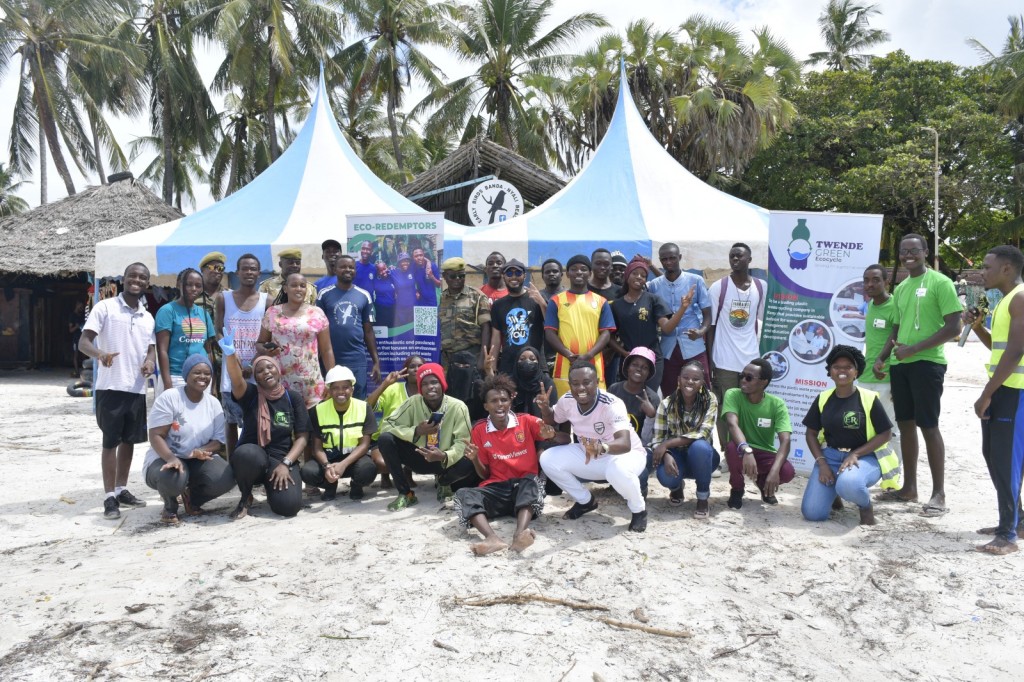
The group has also participated in different activities since their inception including joining in beach-cleanup activities and carrying out door-to-door sensitization in Tudor’s Muoroto slums.
They have called on the county to find more investors to fund plastic waste management projects saying that this will not only provide employment for the youth but also help in keeping plastics from the ocean.
“The county needs to carry out sensitization forums to educate the public on the conservation of the environment. They can also look into implementing plastic waste management ideas from different groups, for example, we had 14 teams in the Mombasa Plastics Prize and only three won, there are 11 other ideas that the county can look into to see which ones will work,” said Aute.
The group is also planning to partner with the County government to educate the public on different products that can come out of plastics.
Meanwhile, the Mombasa County government has come up with the County Clean-ip fay that will be taking place on every second day of the month.
Speaking during the World Environment Day celebrations in Tudor, Mvita sub-county, Mombasa Deputy Governor and Environment CEC Francis Thoya said the clean-up will start in July.
“We believe that by carrying out these clean-ups, we will be bringing the local community together in keeping the county clean which will in turn make them understand the importance of keeping the city clean,” said DG Thoya.
The exercise will take place across all the 30 wards of Mombasa County.
“This is the only way, we must get the community involved in the clean-up exercise in our bid to make our environment clean,” said the DG.
DG Thoya also condemned the open defiance by Mombasa residents who continue to illegally dump plastic and other wastes despite the county coming up with stringent measures.
*****
The Mombasa Plastics Prize challenge was launched in October last year.
The challenge saw 144 youths make submissions out of which 57 were chosen.
According to Brandspark the program has so far seen at least 14,565kg of plastics collected and each innovator get at least 130 hours of training and coaching.


